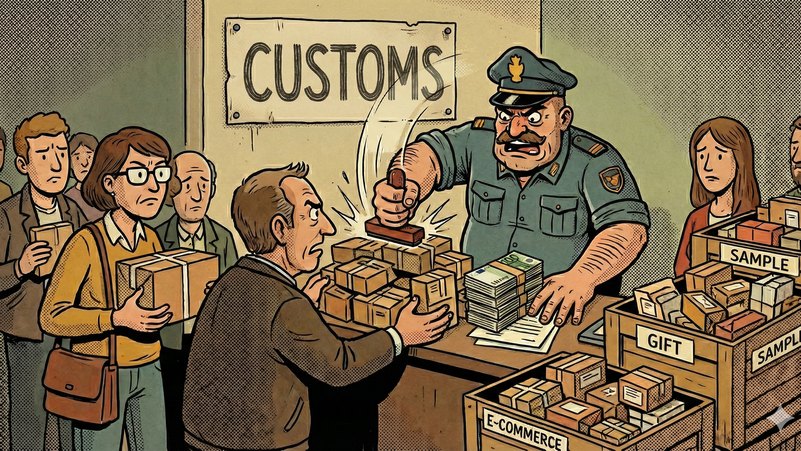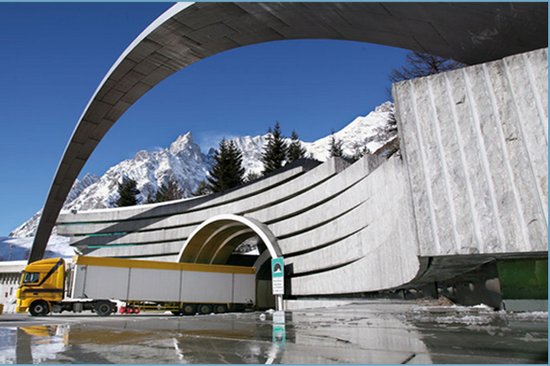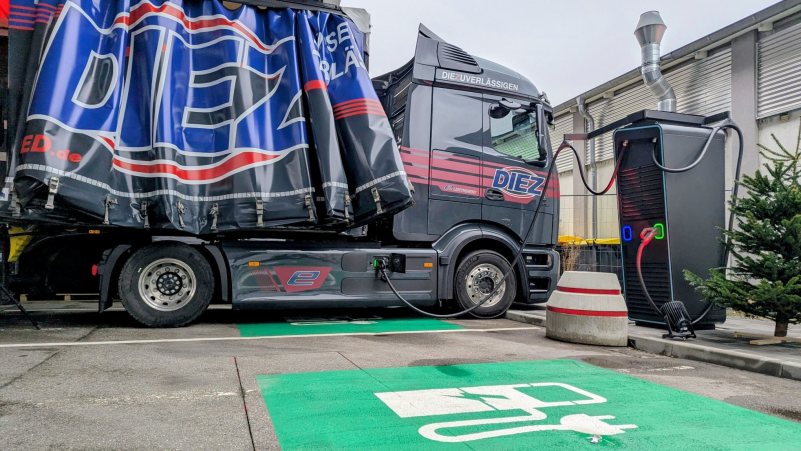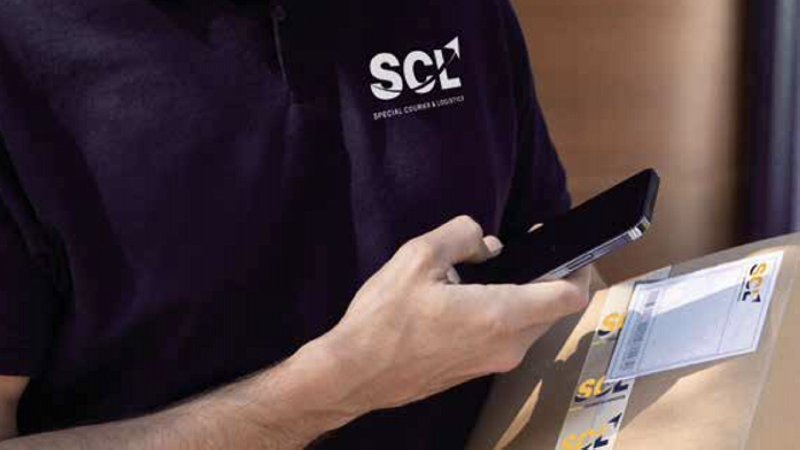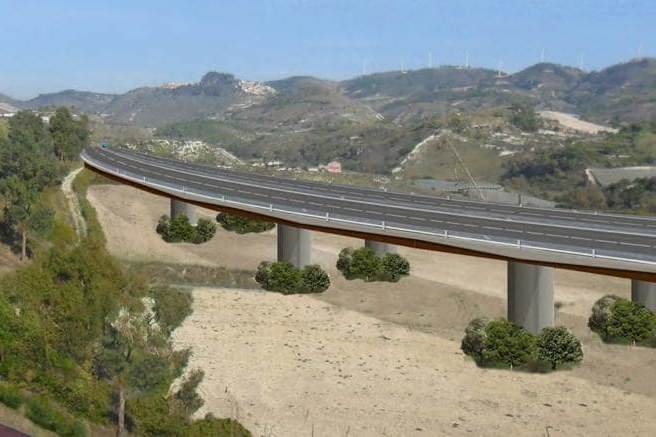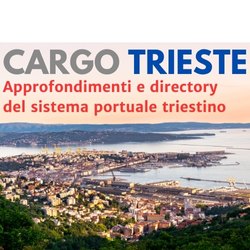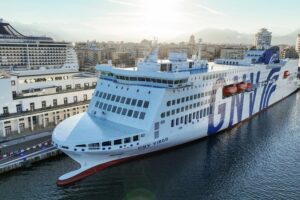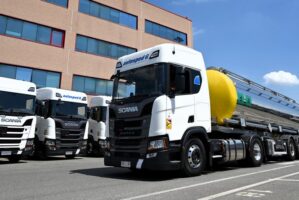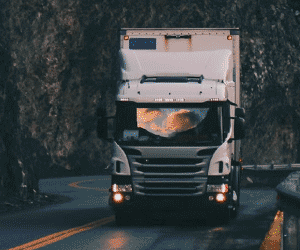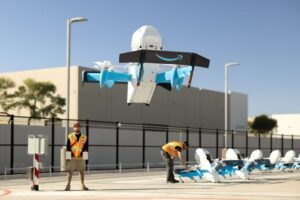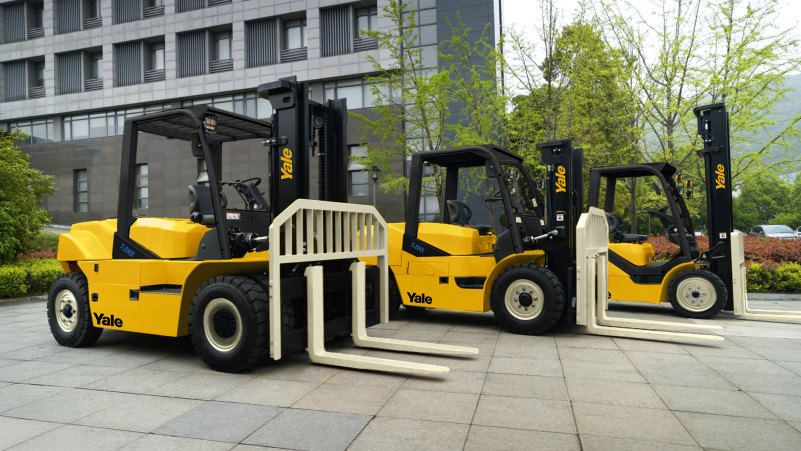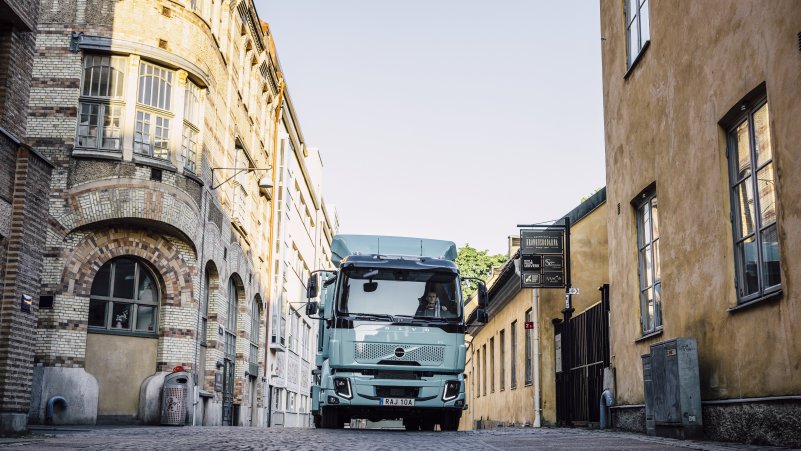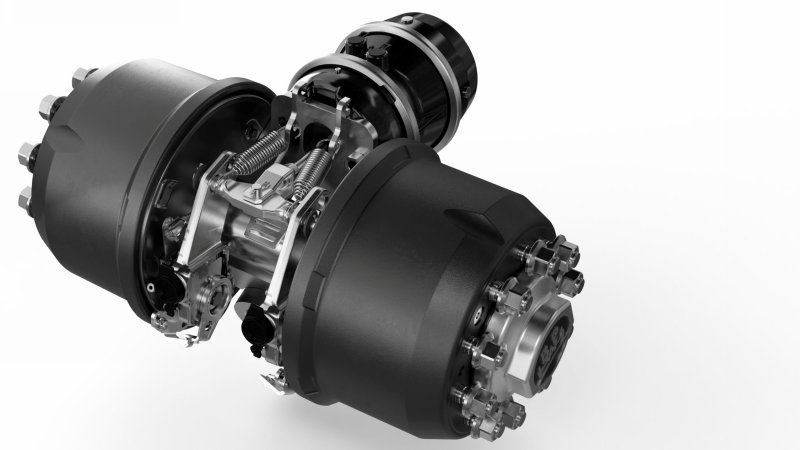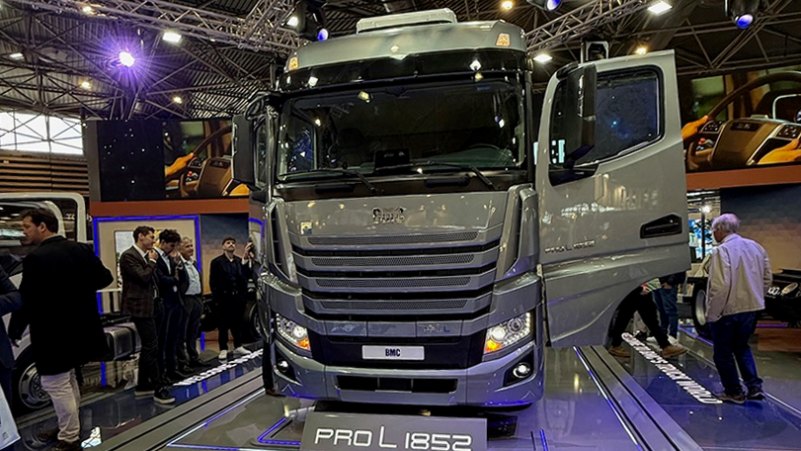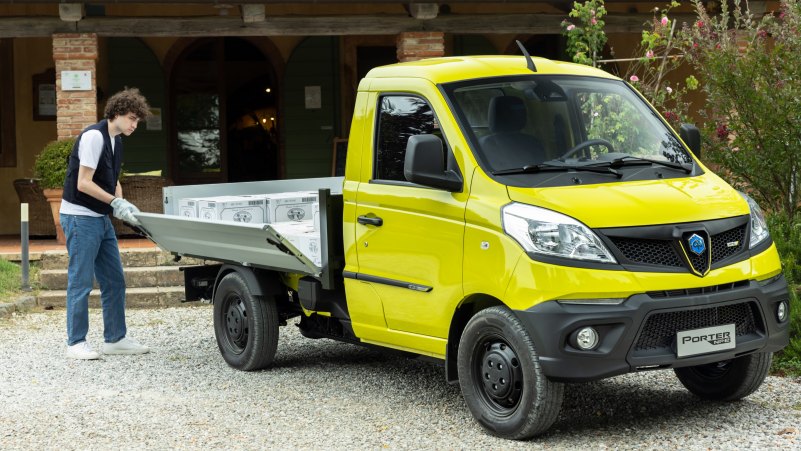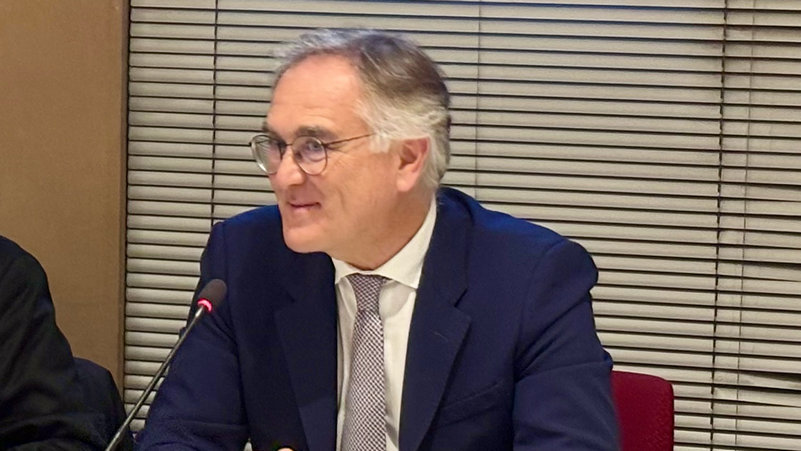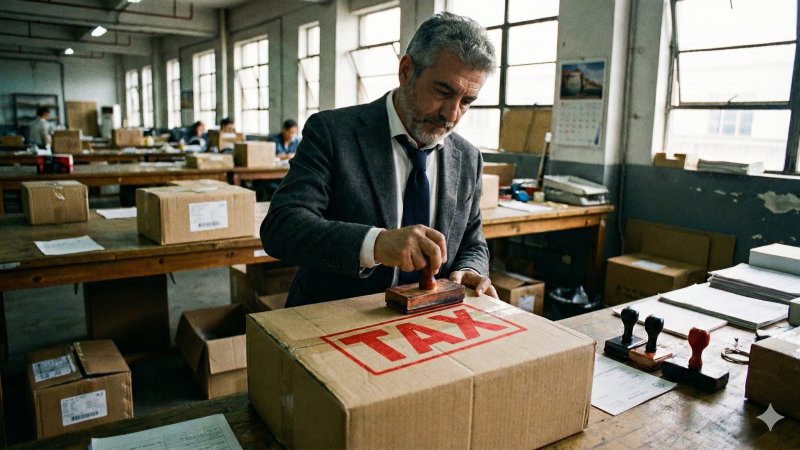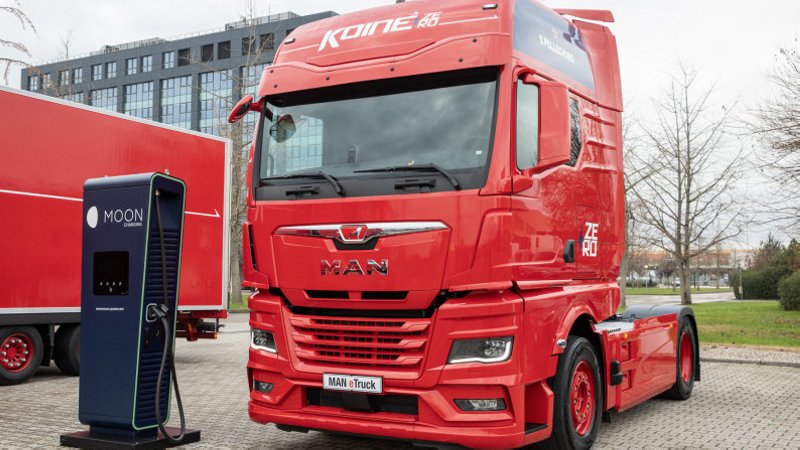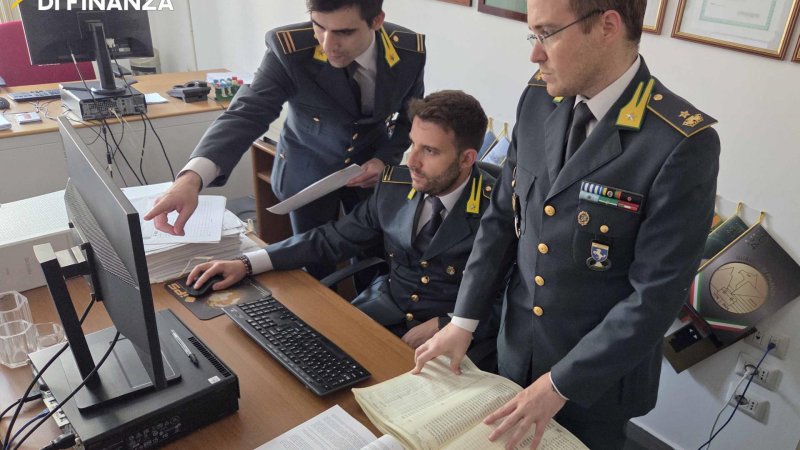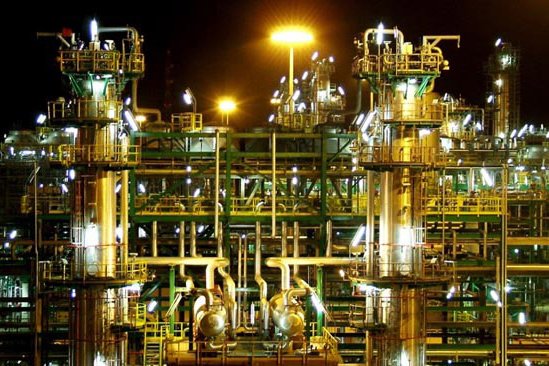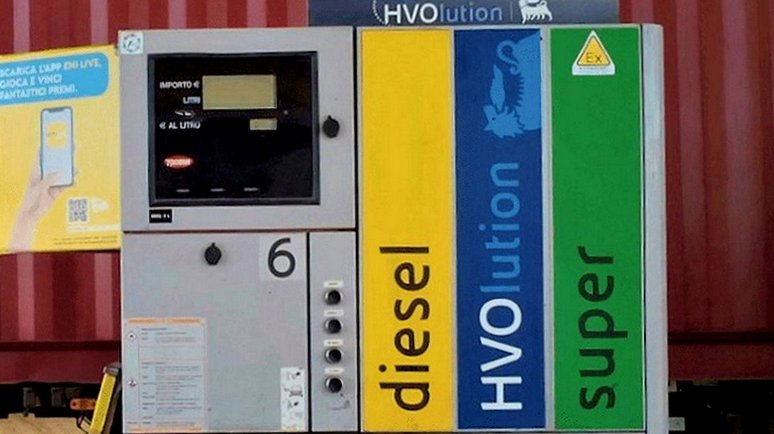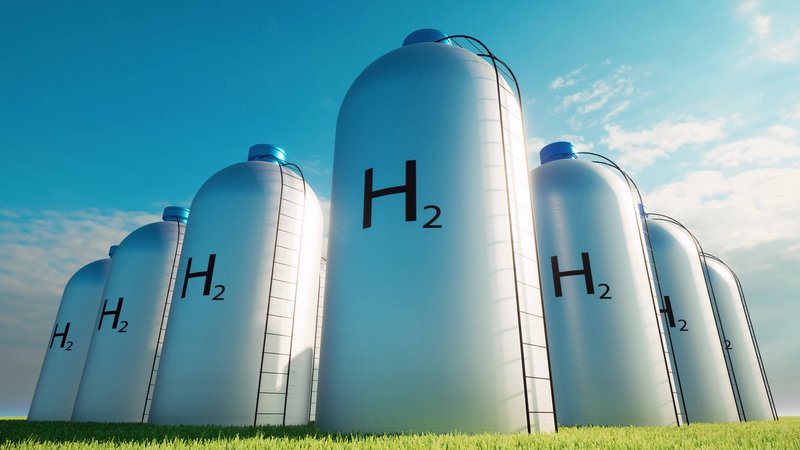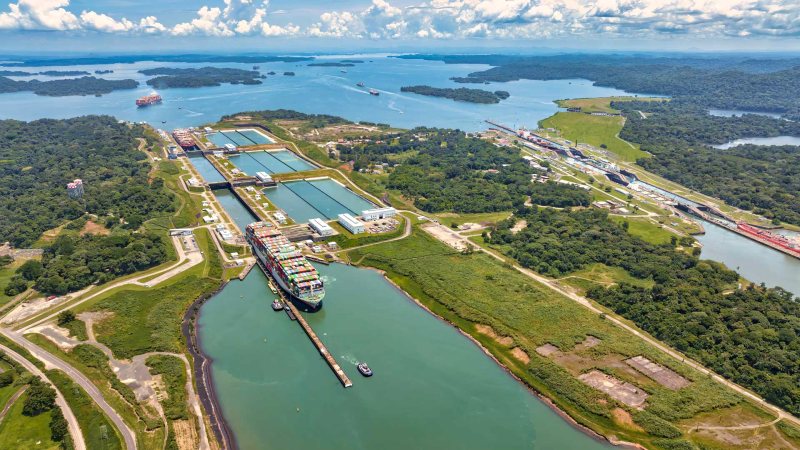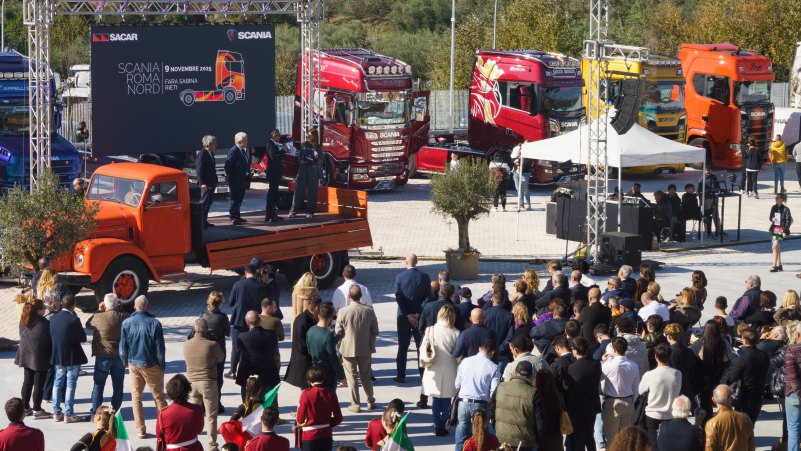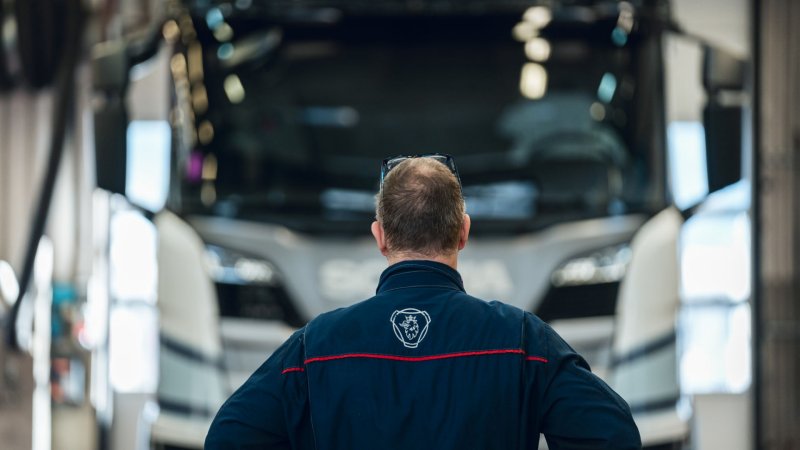The adjective that best summarizes the findings of a study conducted by the University of Vienna is "unrealistic." The Institute of Transport Economics and Logistics at the Viennese university analyzed the Austrian government's target of shifting 40% of all freight to rail by 2040. The study, conducted by researchers from the Faculty of Economics and Business, evaluates this goal as simply unattainable. To achieve the modal share indicated by the Viennese government, the amount of goods transported by rail would need to double by 2040.
According to researchers from the Austrian institute, however, a modest growth of 2.2% is expected, despite the total freight traffic in Austria potentially increasing by 38%. The premises are not encouraging: between 2019 and 2023, the share of road transport almost reached 72%, while rail accounted for less than 27%, down from previous years. Efforts to reverse the trend remain largely fruitless despite completed or ongoing investments in rail infrastructure.
The University of Vienna's research highlights that exploiting Austria's natural crossroads position in international freight transit is insufficient. Many constraints hinder the railway's potential, some of which are difficult to solve due to market evolution, while others can be addressed. Among the first is a trend of declining bulk cargo traffic, ideally transported by rail, with a prevalence of parcel shipments typical of fast logistics management.
Other limitations are tied to deficiencies within the rail system. Researchers identified three major areas for improvement to overcome current constraints and shortcomings. First are technological disadvantages or the lack of common standards, such as differing electrical power and signaling systems that cannot be considered obsolete simply because multisystem and interoperable locomotives can be used.
Additionally, long lead times are needed to introduce technical innovations like the widespread adoption of the digital automatic coupler (Dac), which many operators believe could significantly reduce costs and ensure future railway competitiveness. For example, at the "Rising to the Dac Challenge" during the Keepers' Summit Venice 2024, Gianluca Tomei of Knorr Bremse compared current freight rail to a minor league and suggested that only through technology could it hope to reach the top tier (meaning survival and not relegation).
Another limitation highlighted by researchers is the lack of capacity and the presence of bottlenecks on the Austrian network, including the absence of dedicated freight routes and the persistent issue of passenger train priority. Furthermore, there is no true European-scale rail network that facilitates cross-border traffic by overcoming administrative and procedural obstacles.
Piermario Curti Sacchi


